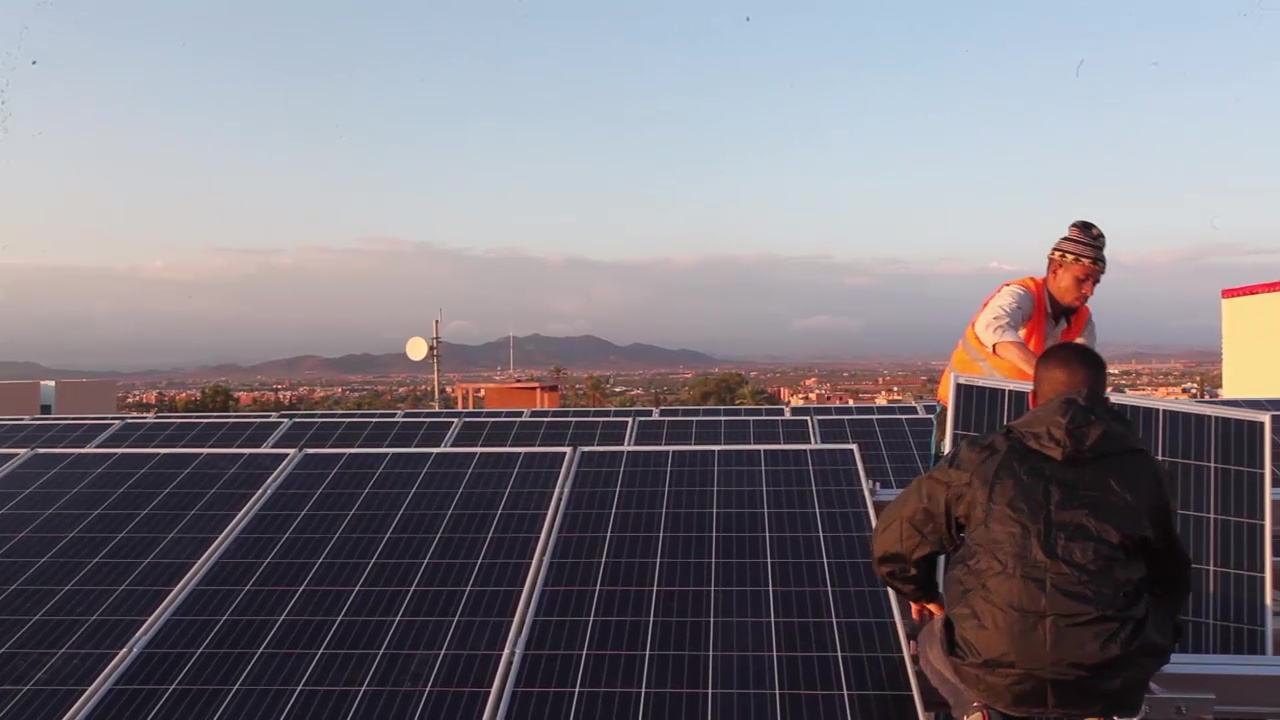About
About this Road Map
This is the second in a series of research and policy papers that Health Care Without Harm and Arup have produced together to identify a set of actions the health sector can take to align itself with the ambition of the Paris Agreement while simultaneously achieving global health goals. Green Paper One defined health care’s climate footprint and opportunities for action. This paper sets out a broad, overarching guide for the sector to move toward decarbonization. Future papers will continue to build out this vision.

Cartography
Authors
The report was written by Josh Karliner and Sonia Roschnik from Health Care Without Harm. Richard Boyd, Ben Ashby, and Kristian Steele from Arup contributed to the writing while developing and applying the methodology and providing data analysis essential to this report. Renzo Guinto produced the four health intervention papers contained in Annex D for Health Care Without Harm.
Technical advisory group
Health Care Without Harm established a technical advisory group to guide the development of the framework, methodology, analysis, and other research for this Road Map to ensure accuracy and integrity, integration of aspects unique to health care into climate footprint measurement, alignment with best practices in the field, flexibility for regional differences in health systems, and uptake by key stakeholders.
The advisory group, which met virtually at key moments in the project’s development, is drawn from international organizations, health and health care institutions, climate organizations, and academic experts.
Technical advisory group members
Don Berwick
President emeritus and senior fellow, Institute for Healthcare Improvement, United States
Gabriel Blanco
Profesor titular, Universidad Nacional del Centro de la Provincia de Buenos Aires, Argentina
Charlotta Brask
Director of sustainability, Region Stockholm, Sweden
Diarmid Campbell-Lendrum
Team leader, Climate Change and Health, World Health Organization
Mandeep Dhaliwal,
Director, HIV, Health and Development, UNDP
Asha Devi
Associate director, ARUP, United Kingdom
Joseph Dieleman
Institute for Health Metrics and Evaluation, United States
Sally Edwards
Regional adviser, Climate Change and Health, Pan American Health Organization
Ramiro Fernandez
Vice chair of advisory panel, Momentum for Change, UNFCCC
Howard Frumkin
Professor emeritus, School of Public Health, University of Washington, United States
Stephen Alan Hammer
Adviser, Global Partnerships and Strategy (Climate Change), World Bank Group
Dan Hamza-Goodacre
Non-executive director, adviser, Kigali Cooling Efficiency Program, United Kingdom
Arunima Malik
Lecturer, University of Sydney, Australia
Peter Paul Pichler
Deputy lead, Social Metabolism and Impacts, Potsdam Institute for Climate Impact Research, Germany
Dan Plechaty
Program manager, ClimateWorks Foundation
K. Srinath Reddy
President, Public Health Foundation of India
Jodi Sherman
Director, Program in Healthcare Environmental Sustainability, Yale University, United States
Nick Watts
Chief sustainability officer, NHS England
Sophie Wilson
Lead for health sector, UNFCCC Climate Champions Team
Acknowledgement
In addition to those listed above, the project team would like to thank the following individuals for their contributions, time, review, and/or advice: Sir Andy Haines, David Nabarro, Jonty Roland, and Anne Owen. From Arup: Lakshika Juneja, Shahid Padhani, Thompson Reed, Maria Sunyer Pinya, Clare Perryman, Alan Newbold, Chris Pountney, Christina Lumsden, and Anna Tuddenham. From Health Care Without Harm, our team members from around the world: Fiona Armstrong, Ana Belluscio, Scott Brady, Gary Cohen, Will Clark, Kevin Conway, Lindsey Corey, Andrea Hurtado Epstein, Rico Euripidou, Arianna Gamba, Peter Orris, Leah Potter, Poornima Prabhakaran, Antonella Risso, Ted Schettler, Emma Sirois, Ruth Stringer, Winston Vaughan, Pamela Wellner, Clare Westwood, Susan Wilburn, Jennifer Wang, and Jessica Wolff.
Health Care Without Harm would like to acknowledge support from the Skoll and IKEA Foundations whose generous support helped make this Road Map possible.

Published by Health Care Without Harm in association with Arup

Health Care Without Harm seeks to transform health care worldwide so the sector reduces its environmental footprint and becomes a leader in the global movement for environmental health and justice. Health Care Without Harm has worked for 25 years with the health care sector to reduce its use of toxic chemicals and generation of waste, while transforming the supply chain and fostering climate action.
With offices in the United States, Europe, and Asia, a regional team in Latin America, and country-level partnerships with national organizations in Australia, Brazil, China, India, South Africa, and Nepal, Health Care Without Harm is a leader in mobilizing the health care sector to realize this vision.
Health Care Without Harm’s staff of health professionals, researchers, and advocates work with hospitals, health systems, governments, and international agencies to accelerate health care decarbonization, resilience, and climate policy leadership around the world. Health Care Without Harm’s Global Green and Healthy Hospitals Network has more than 1,450 institutional members across 72 countries, all working to bring the health sector into the climate movement and expand their healing mission beyond the four walls of their facilities.
Arup is the creative force at the heart of many of the world's most prominent projects in the built environment and across industry. We offer a broad range of professional services that combine to make a real difference to our clients and the communities in which we work.
We are truly global. From 89 offices in 34 countries, our 14,000 planners, designers, engineers, and consultants deliver innovative projects across the world with creativity and passion.
Founded in 1946 with an enduring set of values, our unique trust ownership fosters a distinctive culture and intellectual independence that encourages collaborative working. This is reflected in everything we do, allowing us to develop meaningful ideas, help shape agendas, and deliver results that frequently surpass the expectations of our clients.
The people at Arup are driven to find a better way and to deliver better solutions for our clients.
We shape a better world.